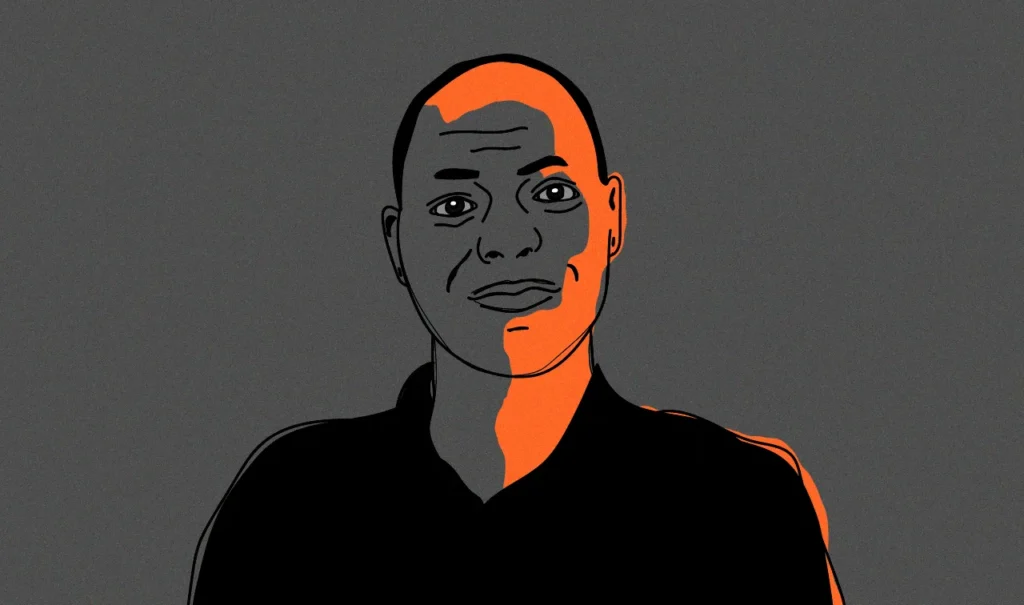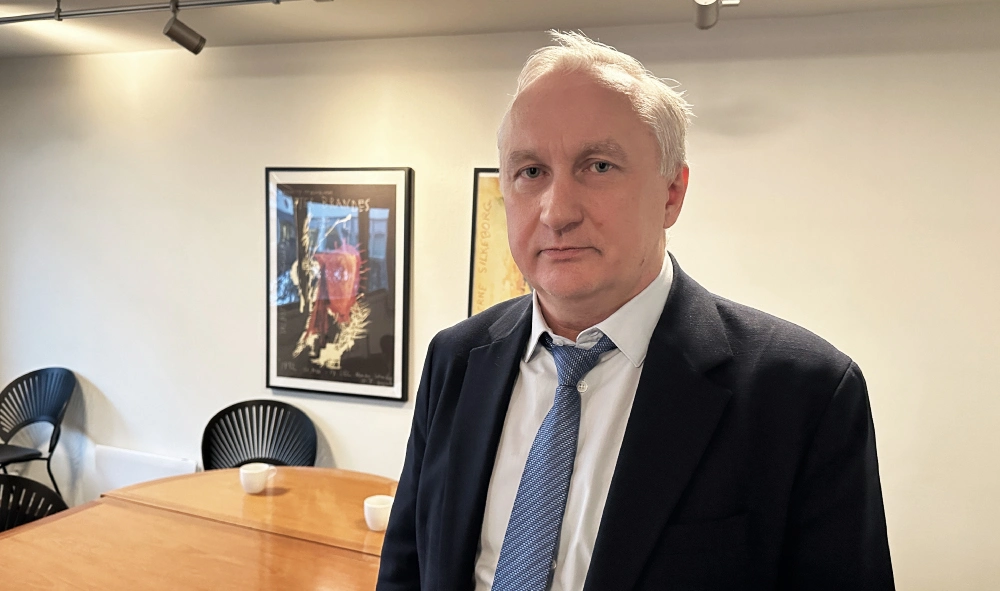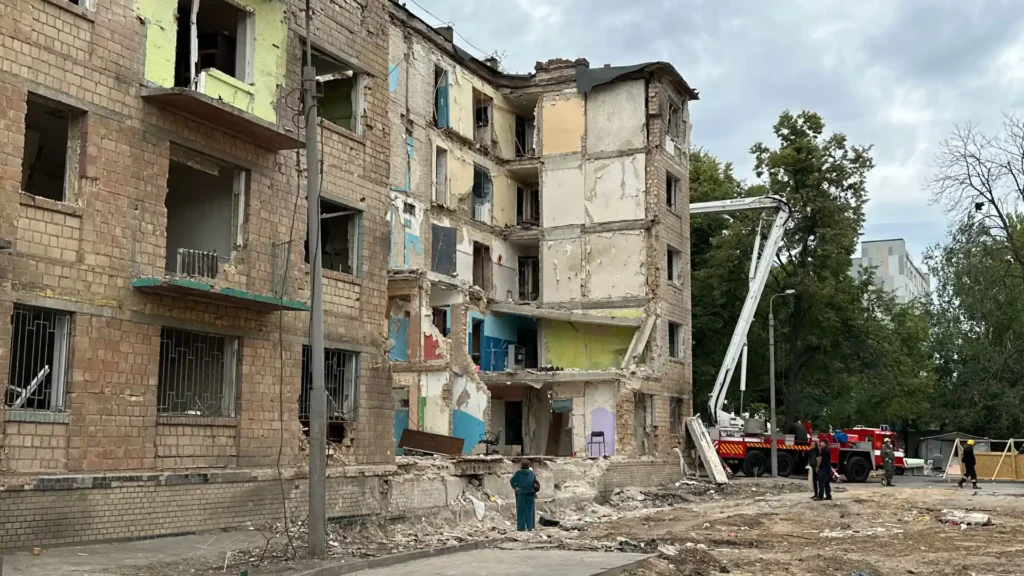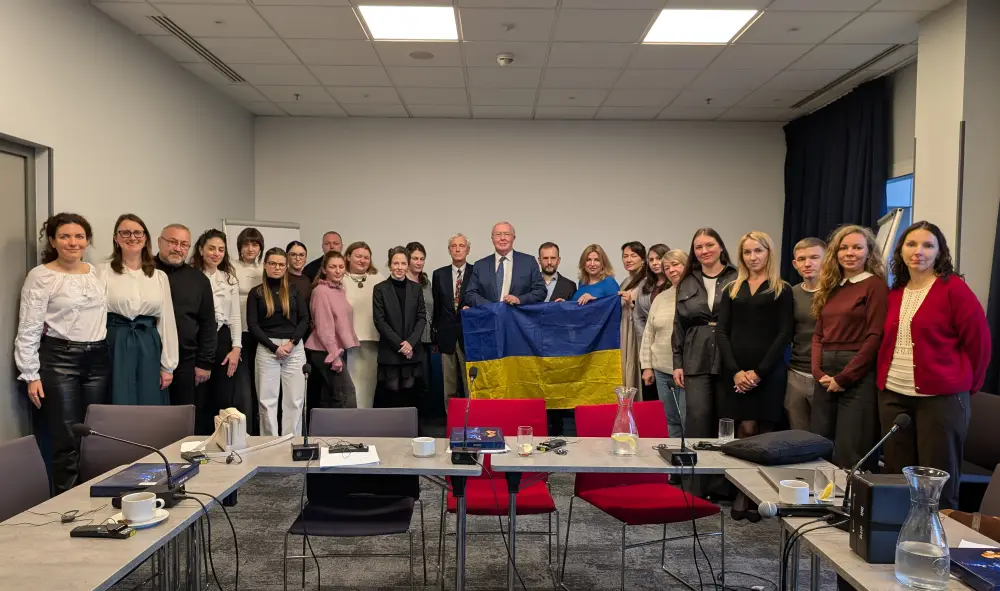Alex Kigoye, what are the main challenges you are facing as an organization right now?
Right now, we’re seeing a spill-over from the 2021 elections. Our statistics shows an increase in cases of alleged torture. This is similar to the 6 percent increase in torture and ill-treatment reported in the Uganda Human Rights Commission (UHRC) reports of 2021 and 2022. The reason I mention a spill-over is that even though things happened in 2021, there is still a long way to go for victims to report the crimes as the majority of them fear reprisal and others don’t know where to report. The main victims and survivors of torture in the recent passed have been human rights defenders, political activists, journalists and others who are suspected of committing criminal acts.
What do you foresee as the most significant challenges for 2024?
Civic space is likely to continue shrinking. Since the United Nations’ human rights office in Uganda closed earlier this year. The signal from the government not to renegotiate the agreement with the UN shows that human rights might not be a high priority currently even though we are faced with challenges on this issue in Uganda. The presence of the UN also helped fund some of our activities in the country.
Since 2021, we have seen 18 opposition supporters forcibly disappeared. This number is likely to increase in the next and upcoming elections.
Like many other organizations working with human rights, we also experience a problem with funding. One of the major grants from the EU Countries the Democratic Governance Facility has not been extended, and we are struggling to find new channels to support our work.
What are the ways forward in tackling these challenges?
In recent years, we have been successful in training police and army authorities to handle and act in accordance with the law on not torturing citizens. Of course, we hope that we can see an effect – but it’s something that takes a long time. But right now, we see a positive development in the police. We have trained state prosecutor so that perpetrators of torture can be held accountable in accordance with the Prevention and Prohibition of Torture Act 2012. In addition, through our community model we have established a network of first line responders within the community who are able to identify survivors of torture and make immediate and timely responses. We hope to grow this model so that there are community level people who can effectively participate in torture prevention and response interventions.
What brings you hope in the fight for human rights in Uganda?
Let me give you a recent example. The story is based on a patient. She worked as a security guard. One day, her things were stolen while she was at work. She went to the police to complain. Instead of helping her, she was tortured by the police. The traumatic incident caused her to lose her job and everyday life as a single mother became even harder for her. When she came to us for help, she couldn’t walk and was in a wheelchair. After three months of treatment, she was able to walk again, and we helped her find a new job. But most importantly, she got her hope back and that was something her children could feel.
Today, we are helping the woman with legal assistance. And now she has gained the willpower to sue the police. That’s a huge step. And it proves that the work we do is important.
DIGNITY and ACTV have worked together since 2018, where DIGNITY has, among other things, supported ACTV’s efforts to provide psychological assistance to torture survivors in rural areas in Uganda and documentation of torture.





